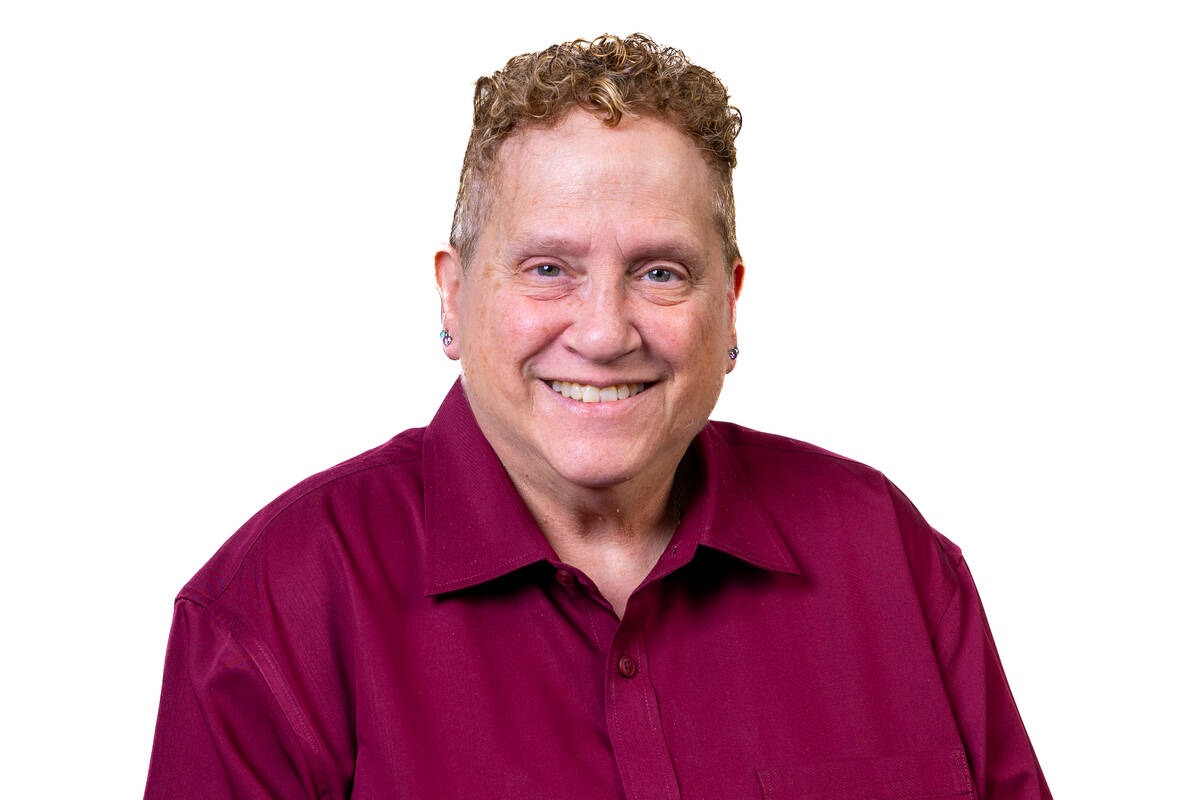A look at HOA bills in the 2025 legislative session
The 2025 legislative session is over. Here is a summary of which bills died, were vetoed by Gov. Joe Lombardo or were signed into law. For many of the bills that died or were vetoed, you can definitely expect them to show up during the 2027 legislative session.
Bills that passed, signed by governor
• SB201 places certain restrictions on the display of religious or cultural items under certain circumstances. This bill allows owners to affix religious or cultural items to doors and door frames. The items cannot be larger than 36-by-12 inches or that exceed the size of the door or entry door. The items cannot violate a law, promote discriminatory behavior or contain graphics, language or any other display that is obscene or illegal.
• AB396 revises provisions relating to housing. Counties with a population of 100,000 people or more and cities with a population of 60,000 or more must allow for ADUs (accessory dwelling units) to be constructed in residential areas. Associations cannot prohibit ADUs but they can adopt restrictions on the use in order to secure insurance coverage.
• AB478 changes construction times in counties and cities. This bill created a statewide standard of work starting at 5 a.m. when taking place at least 300 feet from a residence between April 1 and Sept. 30.
• SB440 pertains to solar panels. The bill allows for the installation of solar panels in areas which are exclusive to an owner’s use. It would allow associations to impose reasonable rules and regulations. Homeowners would be responsible for any damage to the common elements. Associations that have no rules in place regarding the approval of solar panel requests are given 15 days to either approve or deny a request in writing.
Bills that died in the senate or assembly
• AB376 regards insurance. This bill would have allowed associations and homeowners to purchase separate wildfire policies and other hazards.
• SB433 addresses revisions governing associations. This was a comprehensive bill introduced by the Nevada Legislative Action Committee from CAI. This proposed law would have modified the “bully law” (Nevada Revised Statutes 116.31184) by providing equal protections to everyone including board members and community managers. It would allow associations to charge the actual costs for the provision of records that are requested by individual homeowners. It also would have provided sanctions against any person who files frivolous Nevada Real Estate Division or Ombudsman complaints. The proposed bill would have required that high-rises be regularly structurally inspected during the building’s preconstruction, construction and postconstruction phases. (Remember the apartment building that collapsed in Florida). Finally, this bill would have replaced the mandatory mediation relating to an association’s governing documents with nonbinding arbitration.
• SB152 is about electric charging stations. This bill would have allowed a homeowner to install an electric vehicle charging station in an area that is designated for their exclusive use as long as the installation did not violate local zoning laws.
• SB339 is in regard to changes in provisions in NRS 116. This would have required candidates running for board positions to undergo a criminal background check and take a new training course. It would have required reserve studies be conducted annually and exempt claims of under $10,000 from mandatory mediation.
• SB322 addresses a unit owner or tenant operating a small child care establishment. This bill would have required all associations to allow the operation of a small child care facility in their community and would allow only rules and regulations that are consistent with state and local ordinances.
• SB222 looks at recordings. This bill would have allowed video recordings of meetings by unit owners. Right now, the law allows only audio recordings if the homeowner provides notice of his or her intent to record the meeting to the other homeowners in attendance at the meeting (NRS 116.3108 (9) and NRS 116.31083 (12).)
• AB129 pertains to bidding provisions. This proposed bill would have allowed an association not to solicit at least three bids because there is a risk or delay that would exacerbate property damage. In addition, it would require an association to accept contracts to the lowest bidder.
• AB324 would have revised the definition of vertical and horizontal boundaries.
Bills that died by governor’s veto
• SB121 would have made several changes to NRS 116. This bill that was vetoed by the governor included extending timelines for backyard landscaping installation for new homeowners, changing the enforcement of oil stain removal, allowing commercial vehicles to park in common areas, extending the late payment date for assessments, prohibiting the reporting of past due balances to credit report agencies and prohibiting the termination of a management agreement until a 40-day notice has been provided to the homeowners.
• AB185 addresses revisions relating to child care. This bill would have required associations to accept home-based child care facilities within the community. The bill would have limited the number of providers to one for every 200 units and would have exempted senior communities, townhomes and condominium communities.
• SB303 revises provisions relating to civil liability to persons using certain premises for recreational activity. Nonprofit organizations that own land containing a feature that is accessible for free to the general public (trails and parks) are not liable for injuries caused by the recreational activities on the land.
Barbara Holland, CPM, CMCA, AMS, is an author, educator and expert witness on real estate issues pertaining to management and brokerage. Questions may be sent to holland744o@gmail.com.


















